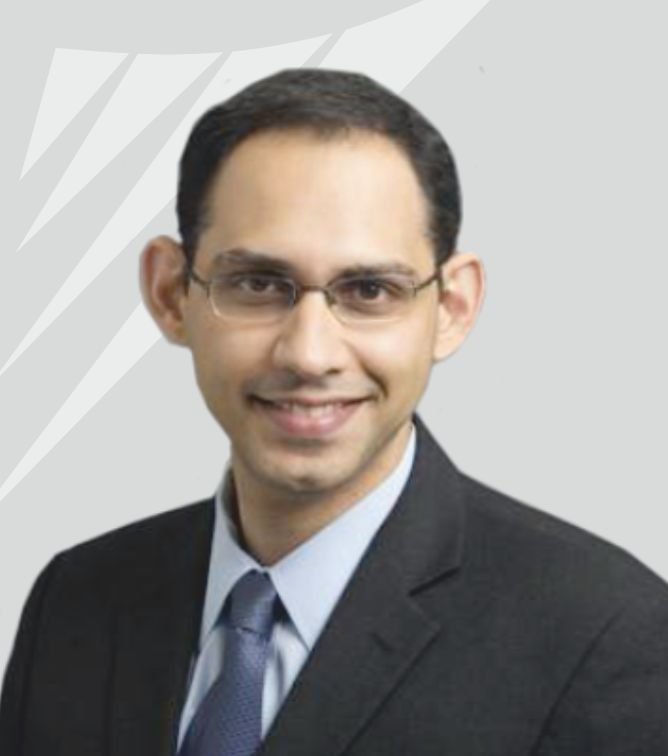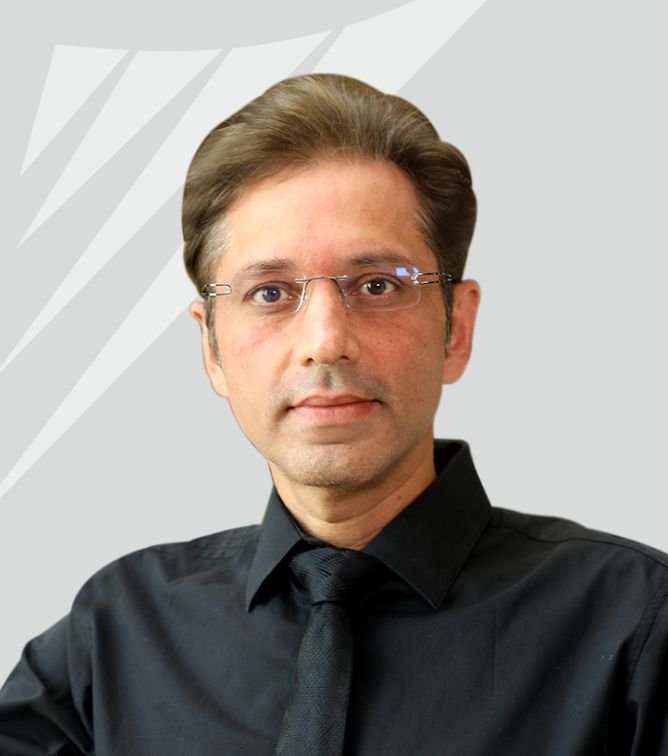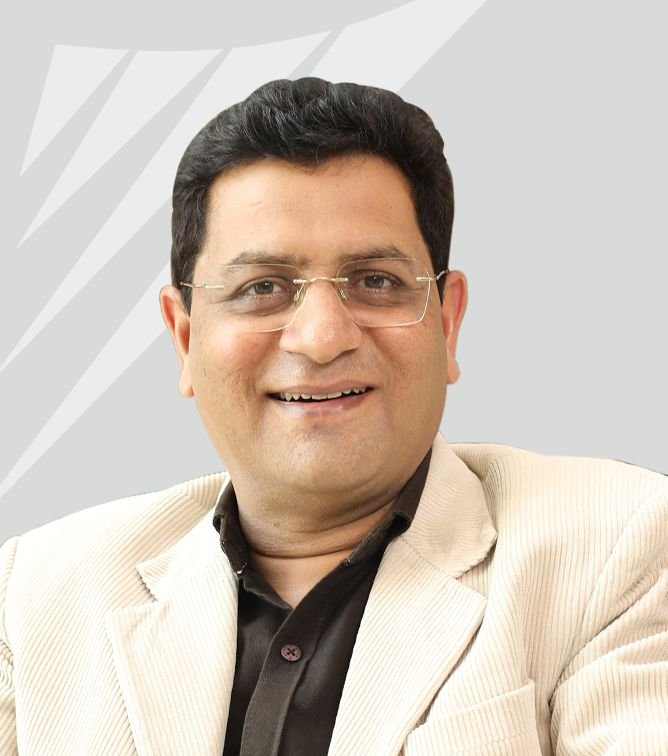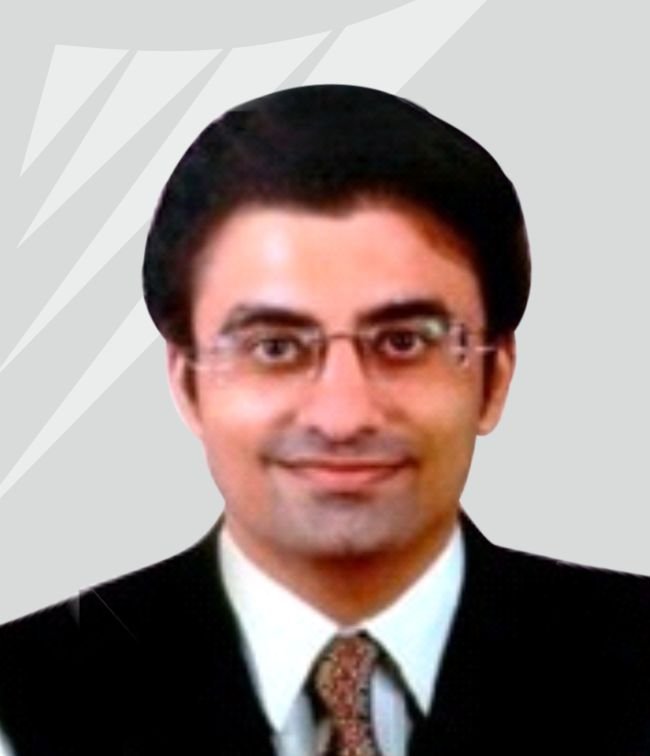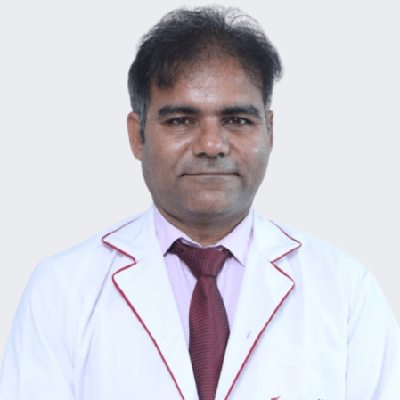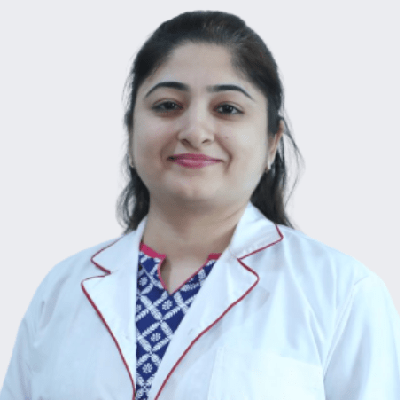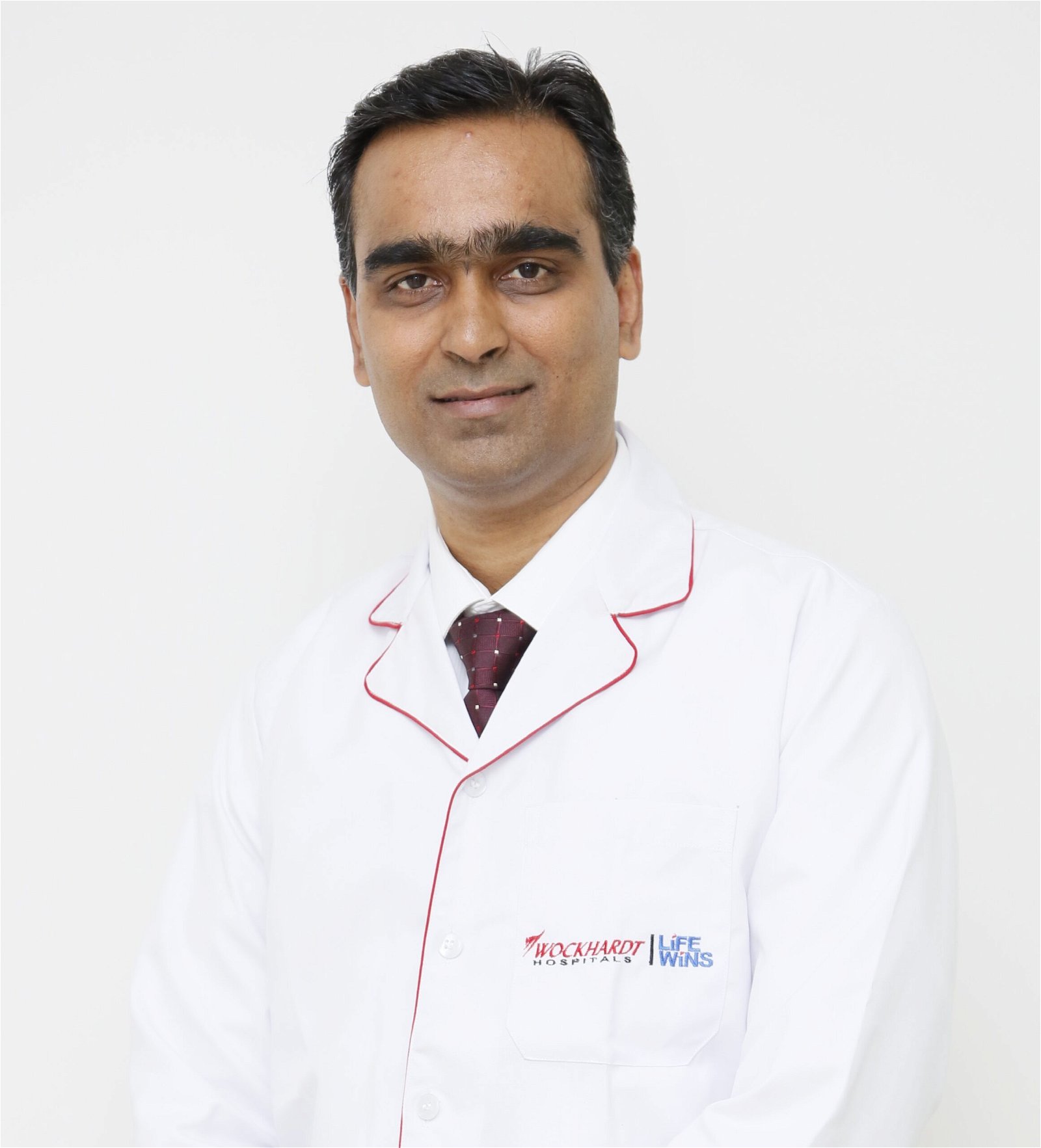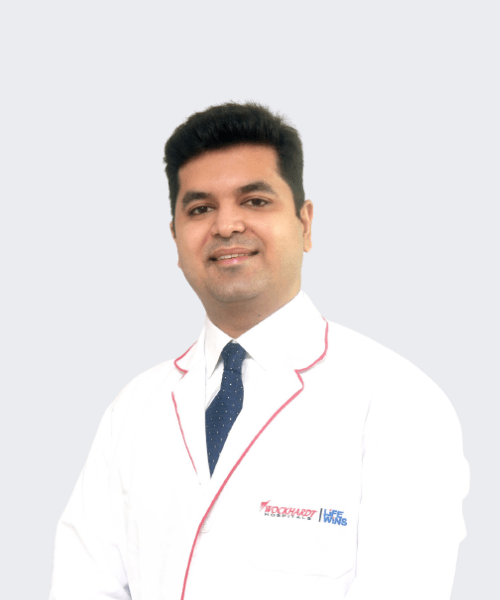Home » Medical Procedure » Endoscopic Sinus Surgery
Functional Endoscopic
Sinus Surgery
Sinus Surgery
What is Endoscopic
Sinus Surgery (ESS)?
ESS is a surgical solution for several sinus issues. ESS is most frequently used to treat chronic sinusitis. However, it can also treat other disorders like tumors and polyps. Doctors may also use it to treat difficult cases of acute sinusitis.
Inflammation causes sinusitis. The sinuses are a system of cavities located both inside and outside the skull. Sinuses can produce symptoms, including facial pain and nasal congestion when irritated. There are three types of sinusitis.
- Chronic sinusitis: Chronic sinusitis inflammation lasts longer than 12 weeks.
- Acute sinusitis: Sinus irritation that lasts less than four weeks is considered acute sinusitis.
- Subacute sinusitis: Subacute sinusitis is when the symptoms and swelling is there from 1 to 3 months.
During endoscopic sinus surgery, your doctor will use an endoscope, a narrow camera rod with a light at the end. They introduce specialized surgical instruments through the nostrils to remove any blockage. This helps in restoring the natural drainage pathways and ensuring unobstructed airflow.
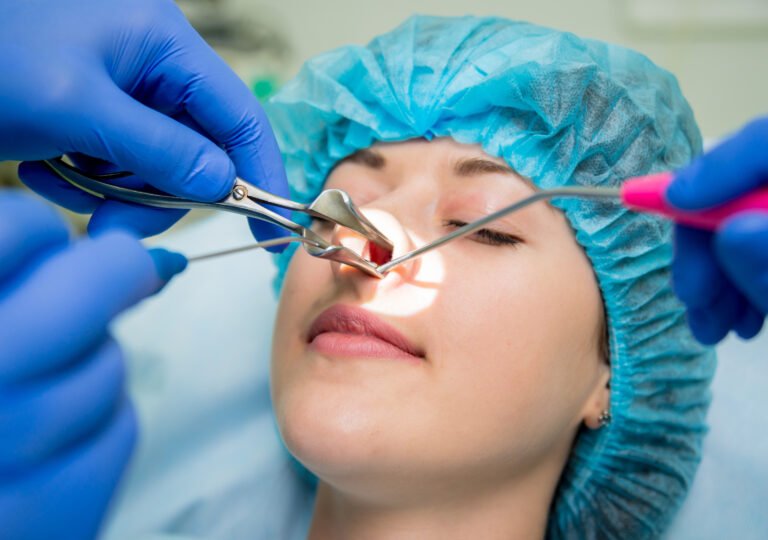
Renowned Endoscopic Sinus Surgeons
at Wockhardt Hospitals
- Mumbai Central
- Mira Road
- Nagpur
- Rajkot
Signs and Symptoms of Sinus Surgery
The signs of sinusitis can resemble cold symptoms. If you have the following signs and symptoms, you might require an endoscopic sinus surgery procedure :
- Face pressure or pain
- Headache
- Foul-smelling nasal discharge
- Nasal obstruction
If these symptoms persist for 10-12 days without improvement or worsen within ten days, endoscopic sinus surgery may be necessary to treat the underlying condition.
What are the
causes of Endoscopic Sinus Surgery (ESS)?
Chronic sinusitis can be caused by the following, which might require endoscopic sinus surgery procedure :
- Nasal Tissue Growth
The sinuses or nasal passageways may get blocked by these tissue growths.
- Crooked Nasal Septum
The wall separating the nostrils, known as the septum, can become crooked and limit or block sinus passageways, worsening sinusitis symptoms.
- Infected Respiratory Tracts
Colds are the most frequent respiratory tract infections that can thicken and swell your nasal membranes and prevent mucus from draining. Bacteria or viruses are often responsible for these infections.
- Allergy Symptoms
Your sinuses may get blocked by the inflammation that comes with allergy symptoms like hay fever.
- Other Health Problems
Nasal obstruction can be caused by the side effects of illnesses, including HIV, cystic fibrosis, and other immune system-related ailments.
Is It Possible To Be Completely Cured of Sinus?
Untreated sinus infections frequently get cured on their own. However, a permanent cure for chronic sinusitis and sinus headaches is possible. It usually depends on the cause of the sinus. Sinusitis is caused due to several factors, such as – infections, inflammatory disorders, a combination of infections, allergies, and inflammation. If allergies cause your sinus, you can try taking allergy tests, figure out what is causing it, and take necessary measures to avoid it.
You can also take certain measures to cure sinus at home and the medication the doctor prescribes.
Common Tests Required
for Endoscopic Sinus Surgery
Endoscopic sinus surgery is done by an ENT (Ear, Nose, Throat) specialist at Wockhardt Hospitals. You will need to undergo comprehensive diagnostic tests to confirm the necessity of endoscopic sinus surgery.
Nasal Endoscopy
Through a nasal endoscopy, your doctor examines your sinuses and nasal passageways for indications of inflammation or infection.
CT Scan (Computerized Tomography)
Using specialized X-ray equipment, the paranasal sinus cavities can be examined during a computed tomography (CT) procedure of the sinuses. Additionally, it is the most accurate imaging method for identifying sinus obstruction and the best imaging modality for sinusitis.
MRI (Magnetic Resonance Imaging)
The sinuses can be seen in great detail in an MRI test. Your physician may also perform this test to :
- Analyze a sore or abscess.
- Finding a lump or tumor, including cancer, is important.
- Plan a sinus procedure, or keep track of your recovery
- Check to see if the polyps in your nose have spread elsewhere.
What are the treatments
for Sinus Surgery?
There are several types of surgeries used to treat sinuses. Some of them are as below :
Functional Endoscopic Sinus Surgery
In FESS, a surgeon places an endoscope in the nose and directs it to the sinuses using a camera and light. To treat sinus issues, the surgeon can view the sinuses and use surgical tools that fit inside the endoscope. This minimally invasive technique effectively addresses sinus drainage and airflow issues by removing nasal polyps, tumors, or other obstructions.
Turbinate Surgery
Larger turbinates may restrict airflow and make breathing more difficult. A surgeon may perform surgery to remove or relocate the damaged turbinates or portions or utilize laser or radiofrequency ablation to shrink the swollen mucous membrane to treat enlarged turbinates. Surgery may be performed using an endoscope or with a small incision, depending on the technique employed.
Septoplasty
The thin bone and cartilage wall that divides the nose into two chambers is known as the septum, and issues with it are treated with this treatment. The deviated septum is straightened during this surgery to enhance ventilation and lessen sinus infections and/or nosebleeds. The surgery can be performed using either an incision or an endoscope.
Balloon Sinus Dilation
The surgeon inserts all flexible tubes, known as a catheter, into the nose and then directs them toward the sinuses. A deflated balloon is at the catheter’s tip. The surgeon inflates, deflates, and then re-inflates the balloon once it has been placed inside the obstructed area of the sinuses. This stretching and opening of the affected sinus enhance airflow and drainage. Following the procedure, the balloon and catheter are taken out.
Adenoidectomy
In children, the adenoids grow, making breathing more difficult via the nose. Surgical removal of the adenoids, also known as adenoidectomy, may be carried out under certain circumstances.
You can also take certain precautions at home :
- Drink plenty of water. Herbal teas and other hot drinks can be particularly hydrating. The vapour from hot beverages also offers an additional advantage.
- Nasal irrigation is a highly efficient treatment for nasal discomfort and congestion.
- For a steam treatment, enhance its effectiveness by adding menthol, camphor, or peppermint oils to a bowl of hot water and covering your head with a large towel.
- Chicken soup lessens the inflammation brought on by colds and nasal congestion. The anti-inflammatory and antioxidant properties of the soup's components can help clear the sinuses.
- Warm and cold compresses can also help immensely.
- If you have sinus congestion brought on by a bacterial illness, honey is an effective remedy.
How can I get a fast recovery
after Endoscopic Sinus Surgery (ESS)?
Recovery from sinus surgery is complicated. For your postoperative care, your doctor will provide you with comprehensive instructions. It typically includes instructions such as taking pain medication, oral antibiotics, oral steroids, and performing nasal irrigations. Usually, one week after surgery, a visit is required. The surgery cavity is cleansed and examined during this visit. Your doctor may remove early scar tissue.
Following the operation, expect bloody discharge for approximately two weeks. For at least two weeks, you should refrain from blowing your nose. Plan for follow-up appointments in the days and weeks following the surgery.
What are the
Risks and Complications after Sinus Surgery
The following are the risks and complications after sinus surgery :
Excessive Bleeding
Although there is a small chance of bleeding during sinus surgery, severe bleeding necessitates stopping the process in a few rare instances. If there is bleeding after surgery, nasal packing may need to be applied, and hospitalization may be necessary. Rarely is a blood transfusion required.
Post Surgery Infection
Any surgical operation has the potential to result in postoperative infection. Antibiotics are recommended if an infection arises after surgery. Additionally, it’s important to be aware that there is a potential for temporary changes in eyesight following the surgery.
Ongoing Sinus Infections
Even though endoscopic sinus surgery has several advantages, sinusitis cannot be cured with surgery. After surgery, you should continue taking your sinus medications. Surgery aims to lessen the frequency and severity of symptoms. Additional surgery may be required in some cases.
If you are looking for an endoscopic sinus surgery hospital in India, visit Wockhardt Hospital to get better quality treatment and care.
Talk with our expert
Life Wins Stories



Paresh Vyas
Excellent facility with renowned Cardiologists like Dr Dharmesh R Solanki. Very humble doctors, and good staff. Value for money.

Meena Kothari
Excellent facility with renowned Cardiologists like Dr Dharmesh R Solanki. Very humble doctors, and good staff. Value for money.
Life Wins Stories

Paresh Vyas
Excellent facility with renowned Cardiologists like Dr Dharmesh R Solanki. Very humble doctors, and good staff. Value for money.

Meena Kothari
Excellent facility with renowned Cardiologists like Dr Dharmesh R Solanki. Very humble doctors, and good staff. Value for money.
Learning Wins
Life Wins
FAQs
Q. Is endoscopic sinus surgery a major surgery?
Endoscopic sinus surgery is a minimally invasive procedure that treats the problems related to the sinuses. Being a minimally invasive surgery, endoscopic sinus procedure requires minimal incision due to which these surgeries are not serious with significant complications. However, it may take some time to start feeling normal again after an endoscopic sinus operation.
Q. Is sinus endoscopy surgery painful?
In general, during an endoscopic sinus surgery procedure, it does not hurt, although it may be normal to experience some pressure during the procedure. It may be performed under local anesthesia or sometimes a numbing spray may be used. After the endoscopic sinus surgery, it may be normal to feel some nasal pain and pressure for several days. Medications recommended by doctors may help relieve pain and discomfort during recovery.
Q. Can sinusitis come back after surgery?
Sinus surgery may not always cure sinusitis but is a general part of the overall treatment plan for sinusitis. It is possible to get sinus infections from time to time despite sinus surgery. To prevent recurrent sinusitis, a doctor may recommend saline rinses, antibiotics, or other medications for treating the symptoms. While it may not cure the problem completely, undergoing sinus surgery may help feel and breathe better than before.
Q. How much does endoscopic sinus surgery cost in India?
Endoscopic sinus surgery is a widely performed procedure in most hospitals. The cost of endoscopic sinus surgery in India depends on several factors, such as the location of the hospital – whether it is located in a metropolitan city(costly) or a tier-2 or tier-3(cheap) city. The average cost of endoscopic sinus surgery in India is around Rs. 80,000. However, it may be anywhere in the range of Rs. 40,000 and Rs. 1,50,000.
Q. How successful is an endoscopic sinus surgery procedure?
The success rate for minimally invasive endoscopic sinus surgery is more than 80%. Research has shown that people undergoing endoscopic sinus surgery continue to have improved symptoms as long as 12 years after the surgery. However, the individual results may vary from person to person depending on each person’s condition, symptoms, and recovery.
Q. Can surgery cure sinusitis permanently?
Endoscopic sinus surgery may help to clear the sinuses for breathing better than before, a doctor may recommend taking follow-up medications and self-care methods after the surgery to minimize the recurrence of sinusitis. In over 90% of the cases, endoscopic sinus procedures may help improve symptoms; follow-up surgery may be needed if sinusitis reoccurs. So, the endoscopic sinus procedure may not be a permanent cure, but helpful enough to alleviate the symptoms.
Q. Can sinusitis heal completely?
In case of acute sinusitis, it may go away within a few days or less than two weeks. Chronic sinusitis may take time to get better, sometimes even months. In most cases, surgery may be required to treat sinusitis. Sometimes, simple medications may also work depending on the type and severity of the condition.




